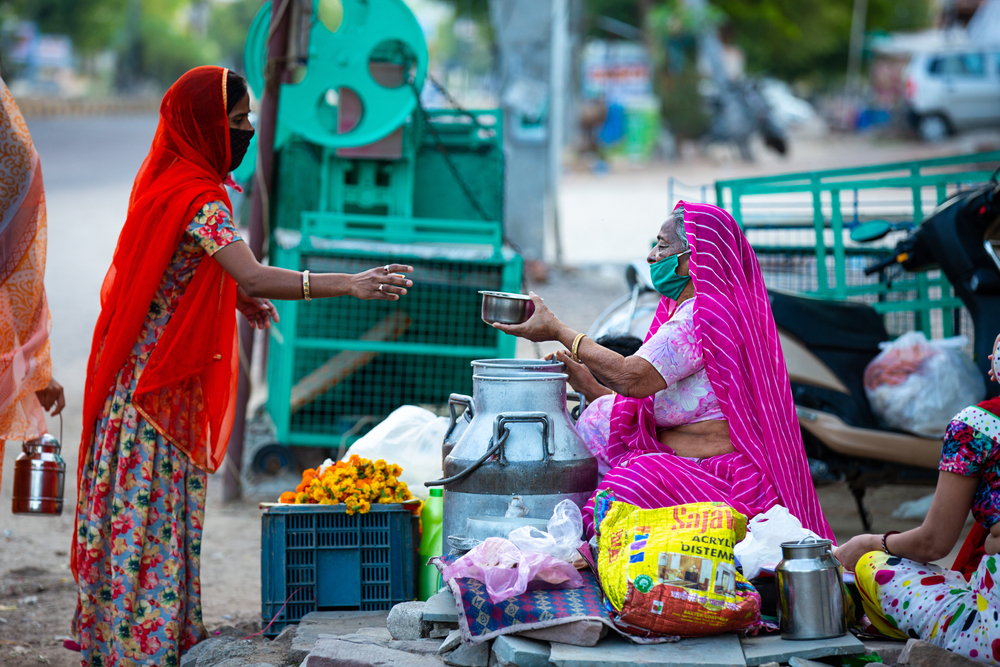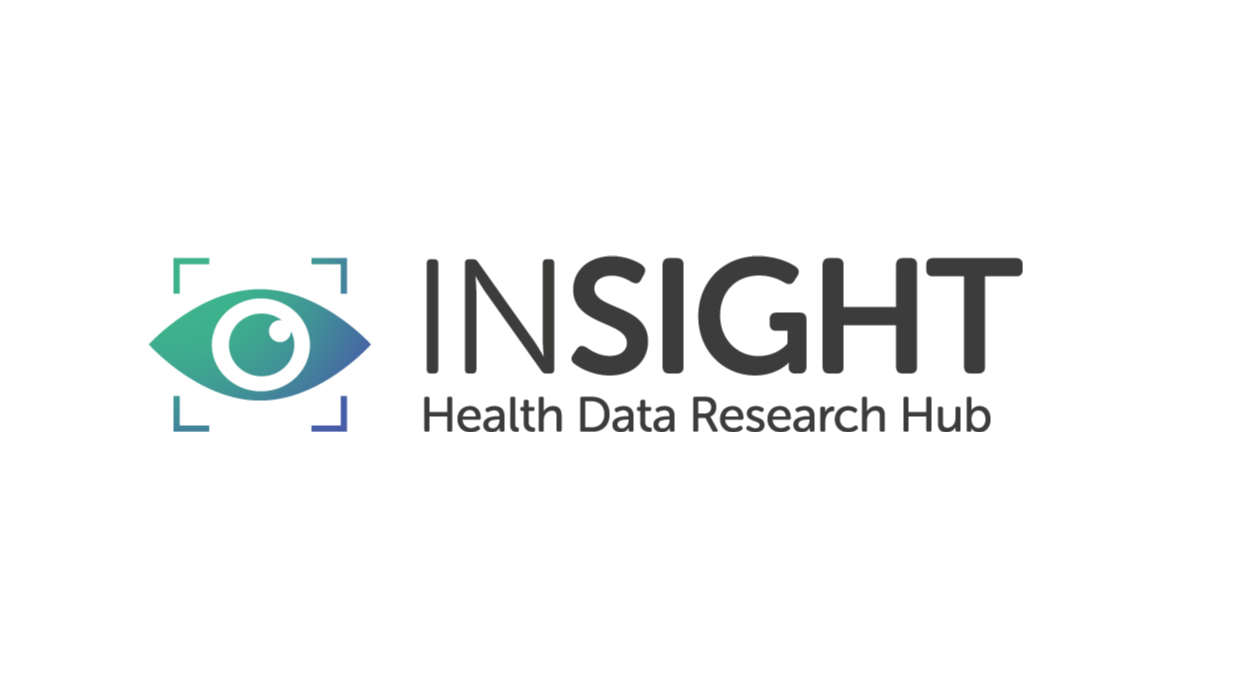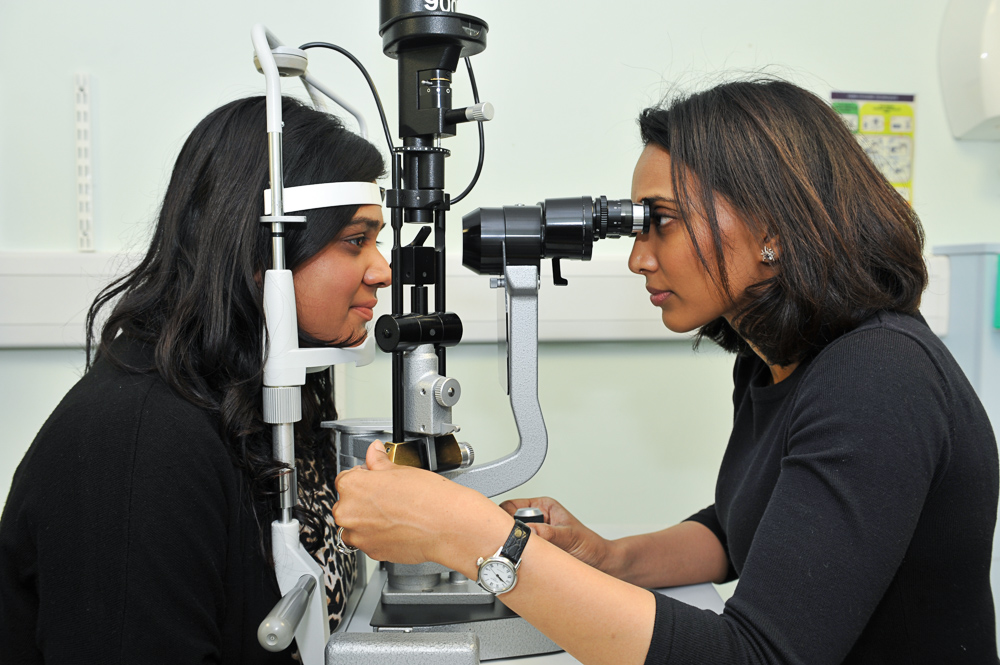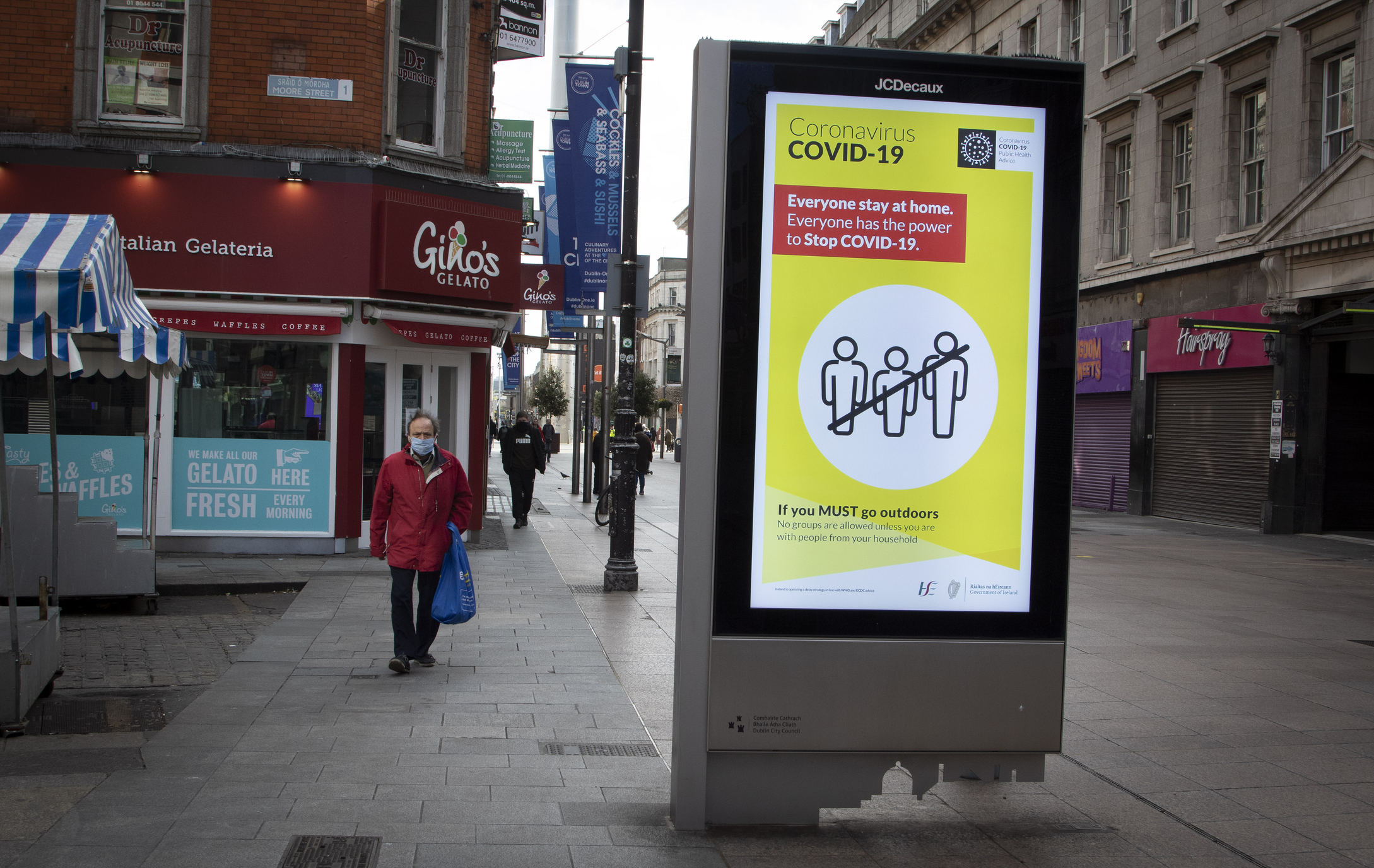
Leaving none behind in the digital health era
2 October 2020 | Author: Alastair Denniston, Co-Director of HDR UK Midlands and Consultant Ophthalmologist
A satnav system - however brilliant - will only work when it has the data it needs. As we move into a world where AI systems and other technologies can bring us faster diagnosis, personalised treatments and better care, we need to make sure that nobody is left behind.

At the moment our data coverage for health across the world is very patchy. The technologies that are trained and tested on these datasets may perform really well in one population, but be less reliable – and even cause harm – when used somewhere else.
It is like having a satnav system for health that works brilliantly in London or New York, but which may get you completely lost if you move out of the city or to a different country.
If we don’t take this seriously we will have individuals, parts of society or even whole countries who cannot benefit from this new digital age of healthcare.
Tackling inequalities in the availability of health data across all parts of society will mean that everyone can benefit from these health technologies.
As we move into the ‘satnav’ era of health, we need to make sure that these systems work effectively and safely for everybody. That means making sure that the data they are trained and tested on isn’t from a chosen few, but is representative of all parts of society. Otherwise this lack of data in some people – ‘health data poverty’ – will mean that we have a two-tier health system of ‘digital haves’ and ‘digital have-nots’. We don’t want somebody’s eligibility for a new skin cancer screening service to be dependent on their ethnicity; or their enrolment in an eye health programme to be dependent on the part of the country they come from. A culture of inclusion should be at the heart of the healthcare we offer – and this applies just as much in the digital era.
These new digital tools are an exciting step forward for healthcare, but they are only as good as the data that they are built on. We need to recognise this new danger of ‘health data poverty’ and the inequalities that exist in the health data available to researchers, innovators and regulators. We need to bring people together to support a more inclusive approach to health data collection, ensuring we build health data resources that are representative of the whole population. This will ensure that the discoveries and ‘health satnavs’ of the future are for everyone – improving health and quality of life for all.



